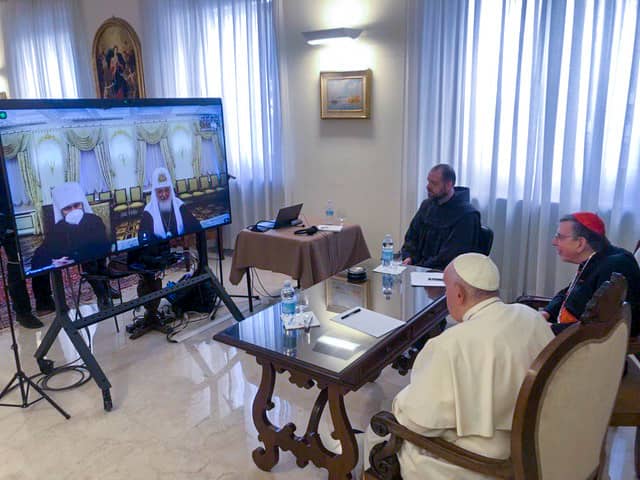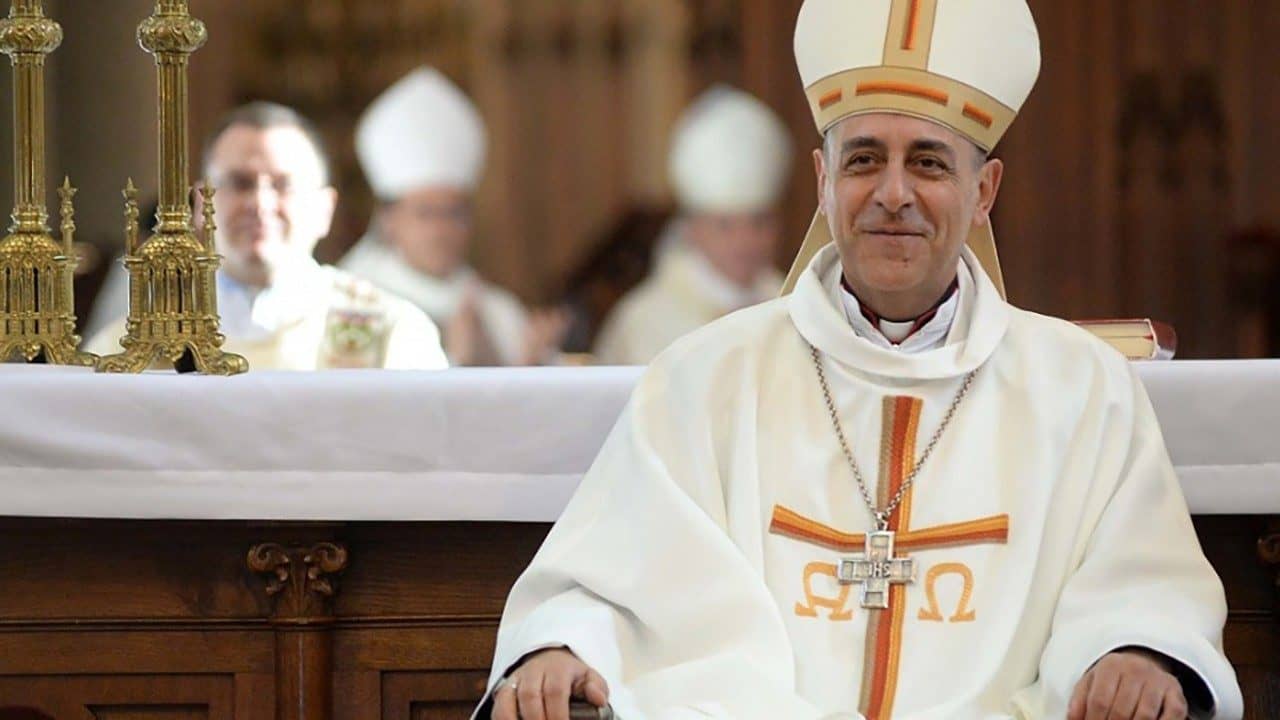ROME – Really, who’d a thunk it?
Amid one of the darkest chapters in its history, the Catholic Church in America right now is producing an honest-to-God good news story, featuring a remarkable event that both inspires and provokes, and one that suggests hope for a Church beyond scandal, failure and implosion isn’t quite extinct after all.
It comes in the form of the V Encuentro, the most important summit of Hispanic Catholic leaders in the country, taking place Sept. 20-23 in Grapevine, Texas, a suburb of Fort Worth.
So far the event has defied expectations, which were that it would be completely overshadowed by the latest round of the clerical sexual abuse crisis. Yet judging by reactions of participants and onlookers alike, what it’s done instead is to introduce bishops and the wider Church to the dynamism and promise of Hispanic Catholics, at a moment when they’re especially eager and open to new approaches.
(Crux’s coverage of the event is being anchored by Inés San Martín and Chris White in Fort Worth following it all, and their reports can be found here.)
Part of what makes this event so striking is that some 100 bishops from across the United States are on hand, so at one level it amounts to a gathering of the country’s Catholic leadership at a moment of great challenge. Yet bishops aren’t the only ones there, because there are also scores of lay Catholics of every stripe, from senior leaders of major Church organizations to ordinary rank-and-file Massgoers.
For once, bishops aren’t pondering the issues generated by a crisis in splendid isolation, but surrounded by, and immersed in, their flocks.
For those prelates paying attention, there’s an important discovery: Yes, there’s real hurt and anger over the horrific failures revealed by the abuse scandals, but there’s still tremendous energy and a deep hunger to do good. The people gathered in Fort Worth may be badly disillusioned by elements of the Church, but they also know, and they’re reminding the rest of us, that heartache and despair aren’t the whole Catholic story.
“We Hispanics have a different cultural view,” layman Walter Mena told Crux.
“I don’t mean to say that [the abuse crisis] isn’t important, because it’s vital, but for us, independently of the priests or the bishops and the noise that the crisis might produce, what we have is our faith. The first thing for us is the Kingdom, the Church. The abuses take on a second place.”
“I don’t think it’s overshadowing the Encuentro,” Mena said. “I would even say that it’s barely mentioned here. We’re not here for this reason, but to celebrate that we’re united. Each one from their own reality will have to confront this situation, and our Church will have to continue to find a solution. This obviously has to be resolved, but there are signs that our faith, our consciousness of being disciples, are clear.”
Archbishop William Lori of Baltimore told San Martín and White that what’s unfolding at the Encuentro is the “antidote” to the despair and agony of the abuse crisis – not in the sense of magically making it go away, but rather providing the motor fuel for hope that it doesn’t always have to be this way.
“It’s not an escape, it’s helping us to figure out where we go from here,” Lori said.
“We have to acknowledge all of this, and there will be many difficult consequences, but we are also talking about rebuilding. Here we are, and this is where we rebuild.”
RELATED: Baltimore prelate says MLK can help end Hispanic Catholic segregation
It’s not, by the way, that the Encuentro has generated any spellbinding new vision for tackling the challenges the Church faces.
For instance, one bishop made the observation that when previous waves of new immigrants arrived in the United States, such as the Irish, the Germans and the Italians, over time they became assimilated to the country’s predominant secular culture, with corresponding drops in levels of religious faith and practice.
The mega-aim of events such as the Encuentro, he said, is to see if the Church can defy that trajectory with today’s Hispanic immigrants, helping find alternative pathways to acceptance and success in America that don’t require leaving their faith behind.
If there’s a silver bullet for doing that, it doesn’t seem anyone at the Encuentro has quite found it yet.
The event’s promise, however, lies less in outcomes than in process. In Fort Worth, the once-hidden emerging Hispanic majority in American Catholicism has taken center stage – and Church leaders are talking directly with Hispanics about their realities, rather than simply talking about them.
In other words, the point is not that all the answers have been identified; it’s that if the Church is ever to identify answers, this is how it’ll get there.
Inevitably, there’s a sort of euphoria that mega-events like this often generate, and we’ll have to see where its energy goes after the curtain comes down. In the meantime, here’s something to ponder.
In 2002, at the peak of an earlier wave of sex abuse scandals, the U.S. bishops came together in Dallas, basically by themselves, and they did the best they could – producing a charter that’s driven real progress, but obviously failed to deliver a comprehensive fix.
Sixteen years later they’re in the Dallas area again, once more dazed and disoriented, only this time surrounded by the people they’re called to serve, and perhaps realizing more deeply than ever that lasting solutions can only be found together.
If one’s inclined to dream, it’s a beguiling thought that perhaps Dallas will, after all, turn out to be the place where the Church turned a corner – only that it took two stabs, not just one, to finish the job.

















